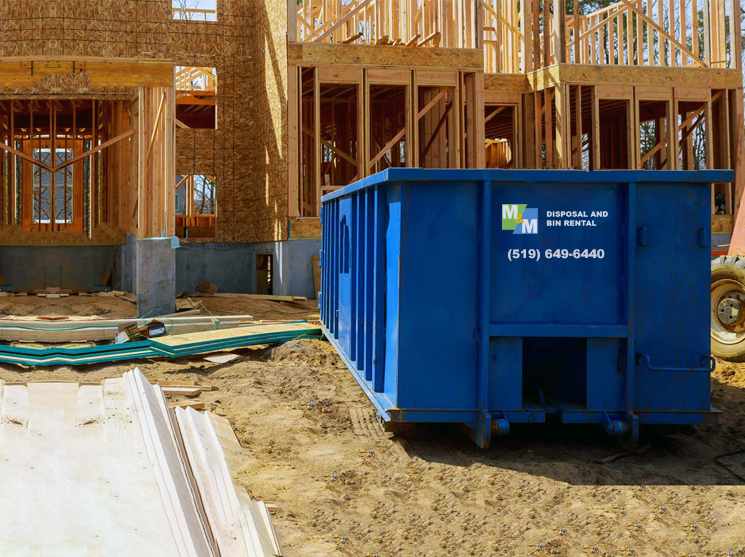 Different projects require different bin sizes and types. Choosing the right one depends on the volume and type of waste generated. Selecting the appropriate bin ensures smooth waste disposal, prevents unnecessary costs, and helps maintain a clean worksite.
Different projects require different bin sizes and types. Choosing the right one depends on the volume and type of waste generated. Selecting the appropriate bin ensures smooth waste disposal, prevents unnecessary costs, and helps maintain a clean worksite.
Ideal for minor renovations and small cleanups, 10-yard bins are perfect for disposing of household debris and light construction materials. These bins are compact and fit easily in driveways or tight spaces, making them a convenient option for homeowners. They are commonly used for projects like bathroom remodels, small landscaping jobs, and garage cleanouts.
Best suited for mid-sized projects, such as kitchen remodels or roofing jobs, these bins accommodate a larger volume of waste. A 20-yard bin is a versatile choice for contractors and homeowners tackling renovations that generate moderate amounts of debris. It can hold materials like wood, drywall, and flooring, making it a popular option for home improvement projects.
For major construction projects, large bins handle heavy debris, including concrete, drywall, and demolition waste. These bins are essential for large-scale renovations, commercial construction, and industrial cleanups. Their high capacity reduces the need for frequent pickups, saving time and money while ensuring efficient waste disposal.
Before selecting a bin, consider key factors such as waste type, space availability, and rental duration. Making an informed decision will help you avoid unexpected costs and ensure a hassle-free disposal process.
Different bins are designed for specific waste types. Ensure you choose a bin that accommodates your materials, whether general debris, recyclables, or hazardous waste. Some bins are designated for clean fill materials like soil and concrete, while others are suited for mixed waste. Understanding disposal regulations in your area can also help you select the right bin.
Ensure the bin can be placed in a convenient location with easy access for loading and pickup. Consider factors like driveway space, street permits, and accessibility for waste removal trucks. Proper placement prevents obstructions and ensures a smooth disposal process, reducing delays and additional fees.
Plan your rental period to avoid unnecessary costs. Compare pricing options to find the best deal for your project. Some companies offer flexible rental terms, allowing you to extend the duration if needed. Understanding pricing structures, including weight limits and disposal fees, will help you budget effectively.
Maximizing the efficiency of your bin rental ensures a smooth construction process and minimizes environmental impact. Implementing best practices can help you optimize waste management.
Separating recyclable materials from general waste reduces landfill impact and may lower disposal costs. Many disposal services offer recycling programs for materials like metal, wood, and concrete. Proper sorting also prevents contamination, ensuring that recyclable items can be processed efficiently.
Distribute weight evenly and avoid overloading the bin to prevent additional fees and safety hazards. Placing heavier items at the bottom and filling gaps with smaller debris maximizes space utilization. Overfilled bins may result in extra charges or require additional pickups, increasing costs.
Arranging pickups at appropriate intervals prevents overflow and keeps the worksite clean. Regular waste removal ensures a safe and organized construction environment. Communicating with your disposal provider about pickup schedules can help you avoid delays and maintain efficiency.
Visit our website for more information: M&M Disposal Services

Or give us a call for more information. We’re the rubbish bin company in London that respects your time and money. Our blog also has lots more information and ideas about why renting a rubbish bin in London is a good solution for your rubbish removal.
CONTACT US